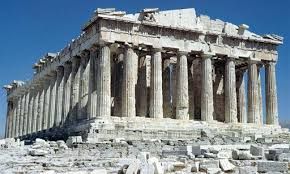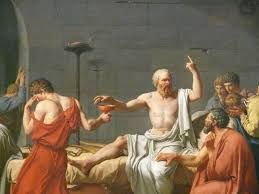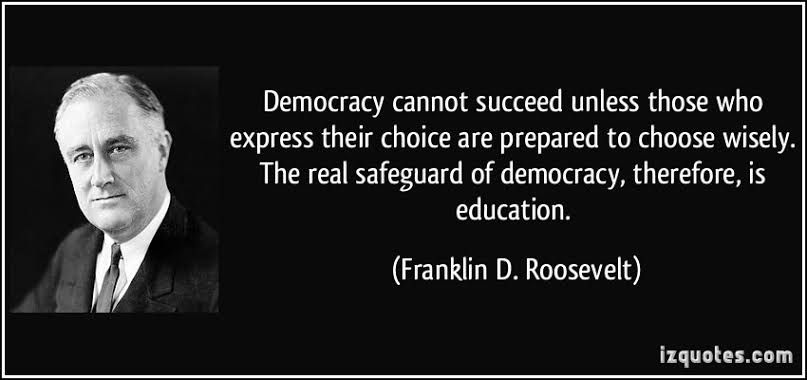Alpha And Omega Of Democracy
Apr 19, 2019 • 25 views
We are used to think highly of democracyand this has extension to Ancient Athens, the civilization that gave rise to it.
The Parthenon has become almost a byword for democratic values which is why so many leaders of democracies like to be photographed there.

It is therefore striking to discover that one of Greek's great achievements, philosophy was highly suspicious of its other achievement, democracy.
The founding father of Greek philosophy - Socrates is portrayed in dialogues with Plato hugely pessimistic about the whole business of democracy.
According to one story, in a bid to validate his claim, Socrates compares society to to a ship.
If you are set on a voyage, who would you ideally want deciding who is in charge of the vessel? Just anyone or people educated in the rules and demands of seafaring?
Preferably the latter!
Socrates claims that voting is an election,a skill not a random intuition.And like any other skill, it's needs to be taught to people.Letting the citizenry vote without an education is as irresponsible as putting them in charge of a sailing ship.
Socrates was to have first hand, catastrophic experience of the foolishness of voters. In 399 BC, the philosopher was put on trial on trumped up charges of corrupting the youth of Athens. A jury of 500 Athenians was invited to weigh up the case and ruled by a narrow margin - Guilty. Socrates was put to death.

Crucially, Socrates was not elitist.He didn't believe in the view that only a few has the right to vote. He did, however insist that only those who had thought about the issue rationally and deeply, should be let near a vote.
We have forgotten the distinction between an intellectual democracy and a democracy by birthright. We have given the vote to all, without connecting it to wisdom.
And Socrates knew exactly where it would lead, a system feared by Greeks above all, demagoguery.
Imagine an election debate between two candidates - a doctor and a sweet shop owner.
The sweet shop owner could say of his rival, look this person here has worked with many evils on you. He hurts you, gives you bitter potions and tells you not to eat and drink as you please. Never can this person throw you feasts of variety as I will.
The doctor can truly reply as,i cause you trouble and make you go against your desire because to help you, will cause an uproar among the voters. Don't you think..
We have forgotten all about Socrates salient warnings against democracy. He knew well how easily people seeking election can exploit the desires of populace.
We have preferred to think of democracy as an unambiguous good rather than as something that is only ever as effective as the education system that surrounds us.

As a result, we have elected many sweet shop owners and very few,doctors.
